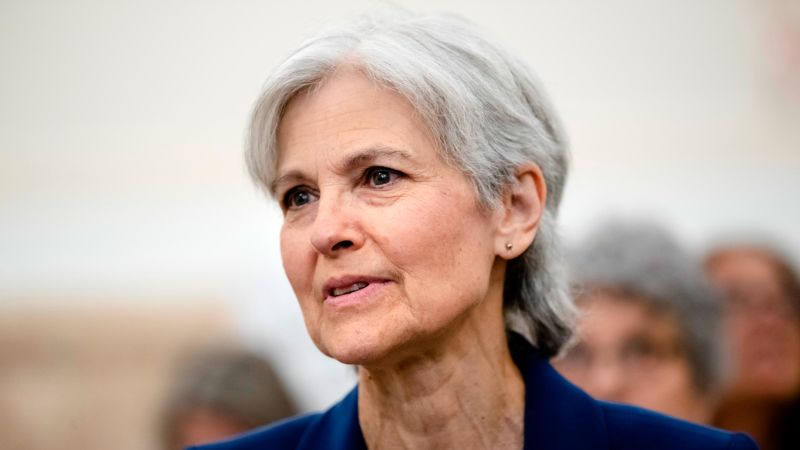The Nevada Green Party filed an emergency appeal with the US Supreme Court, seeking to overturn a state court ruling that would keep candidate Jill Stein off the ballot in the upcoming presidential election. The appeal argues that Green Party candidates were unfairly removed from the ballot, denying Nevadans the opportunity to vote for them. The Green Party is represented by Jay Sekulow, a personal attorney of former President Donald Trump, highlighting the significance of third-party candidates in the battleground state.
The dispute began when the Nevada Democratic Party filed a lawsuit against the Green Party, alleging that they used an incorrect form to collect signatures for ballot access. Despite a lower court ruling in favor of the Green Party, the Nevada Supreme Court ultimately decided to keep Stein off the ballot, citing the party’s failure to substantially comply with the necessary requirements. The state Supreme Court acknowledged that an error occurred when the Nevada secretary of state’s office provided the Green Party with the wrong form for signature collection.
The emergency appeal emphasizes the potential impact of third-party candidates on the election in Nevada, where polling indicates a close race between the top two contenders. With the fate of Green Party candidates uncertain, the Supreme Court’s intervention could have far-reaching implications for the presidential race in the state. Justice Elena Kagan, who oversees emergency cases from Western states, has requested a response in the case by Tuesday, indicating that the court is considering taking up the issue.
The involvement of Trump’s attorney in representing the Green Party adds a political dimension to the legal battle over ballot access. The dispute highlights the complex interplay between major parties and third-party candidates in key battleground states, where the outcome of the election could hinge on a narrow margin of votes. The Green Party’s fight to secure a place on the ballot underscores the challenges faced by independent candidates seeking to compete in a political landscape dominated by two major parties.
The Supreme Court’s decision on whether to grant the Green Party’s appeal could have significant ramifications for the upcoming election in Nevada and beyond. The outcome of the legal battle will determine whether third-party candidates like Jill Stein will have the opportunity to compete in the presidential race, potentially influencing the final results. The case underscores the importance of ballot access laws and procedures in ensuring a fair and competitive electoral process for all candidates, regardless of party affiliation.
Overall, the Nevada Green Party’s emergency appeal to the US Supreme Court highlights the contentious debate over ballot access and third-party candidates in a key presidential battleground state. The outcome of the legal dispute will have wide-reaching implications for the election and could impact the overall competitiveness and fairness of the electoral process. As the court considers the Green Party’s case, the fate of Jill Stein and other third-party candidates hangs in the balance, raising questions about the role of minor parties in the political system and the potential for broader electoral reform in the future.


